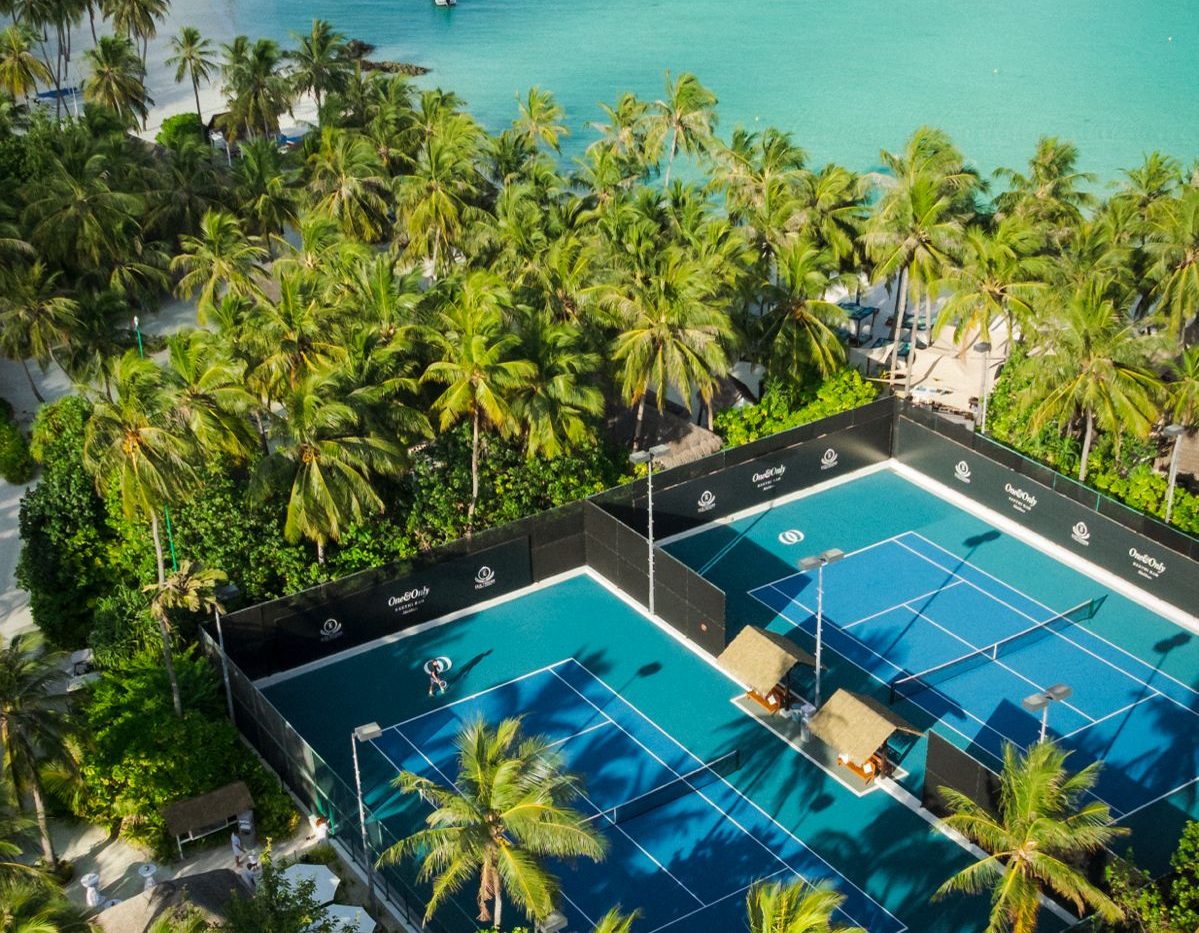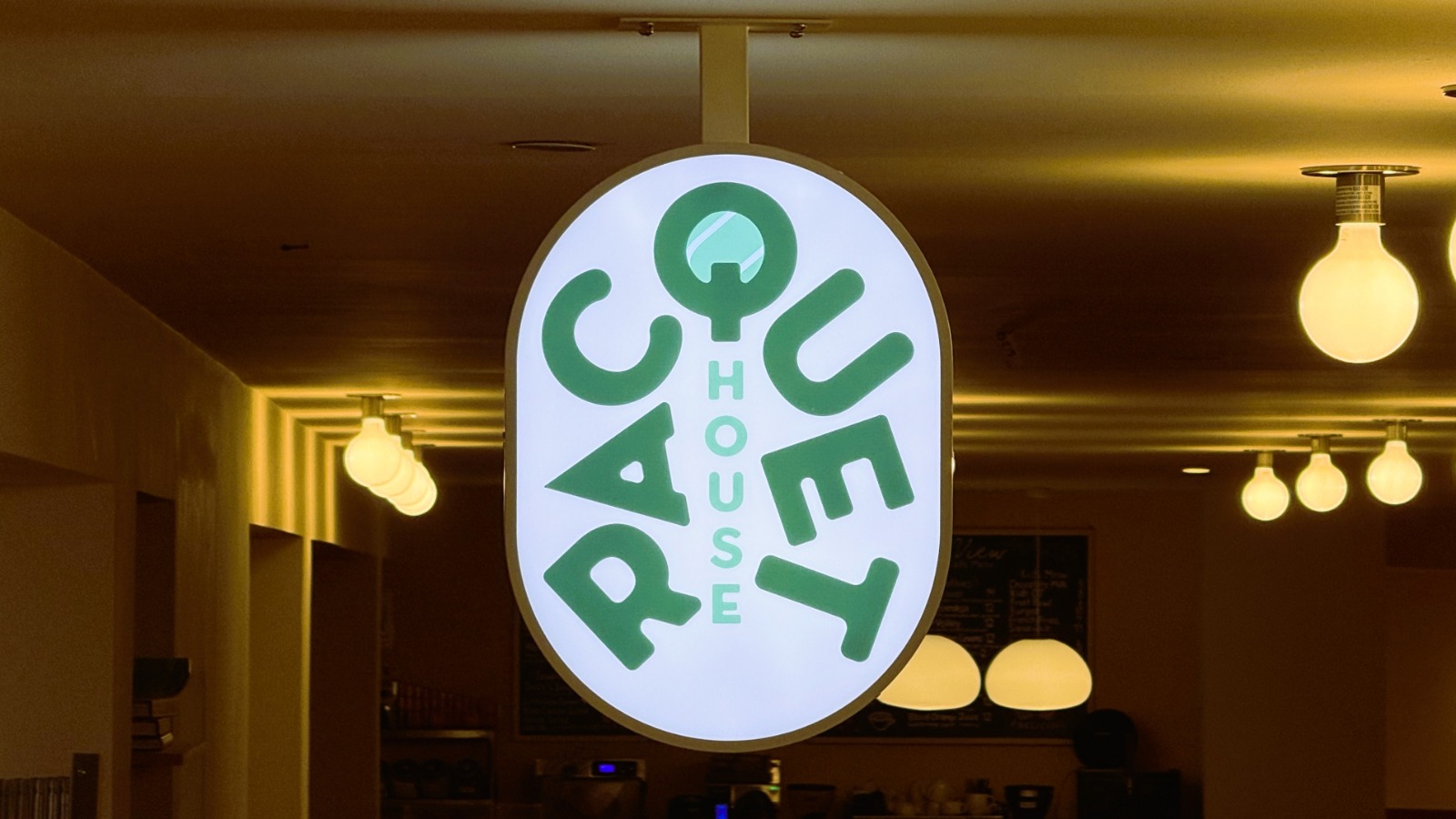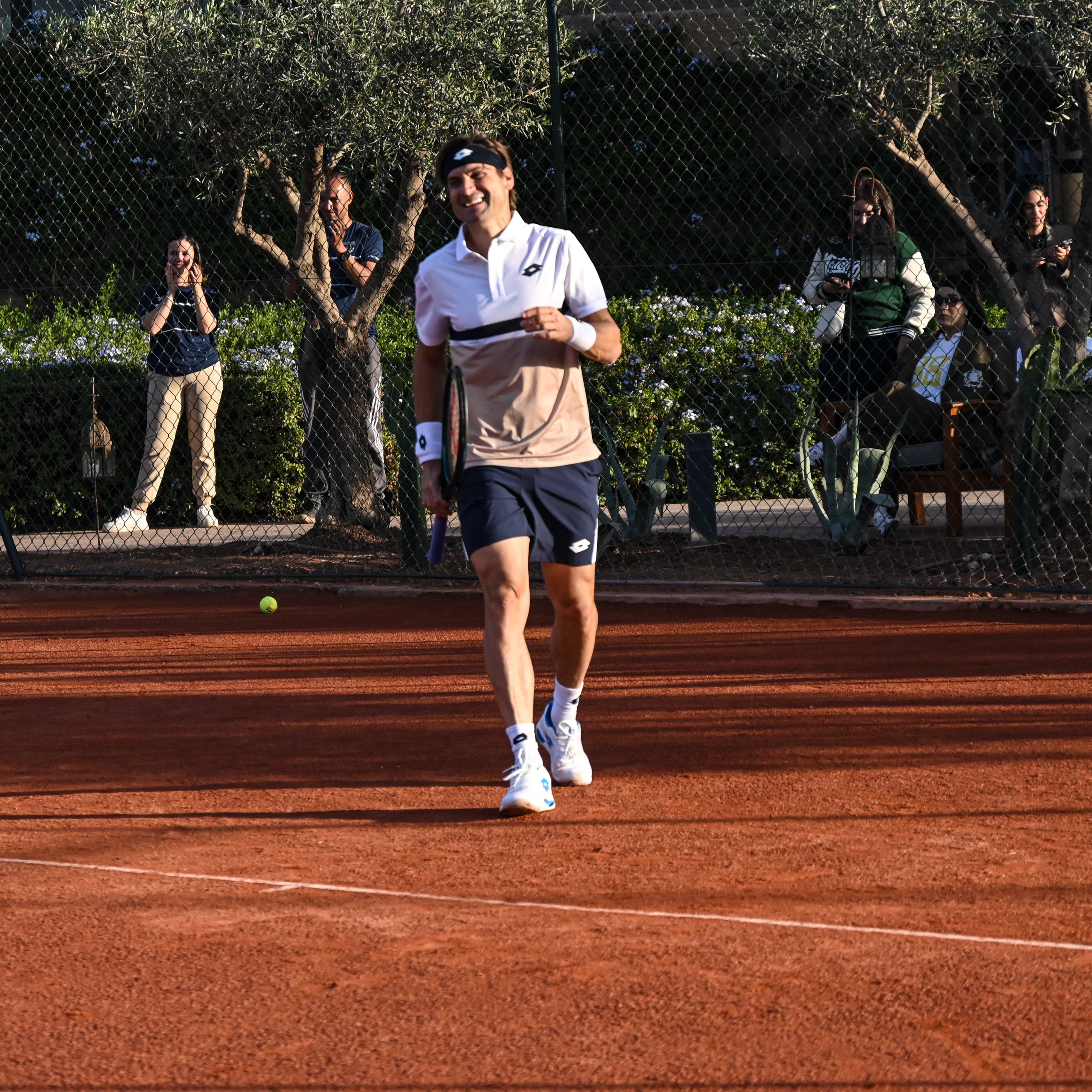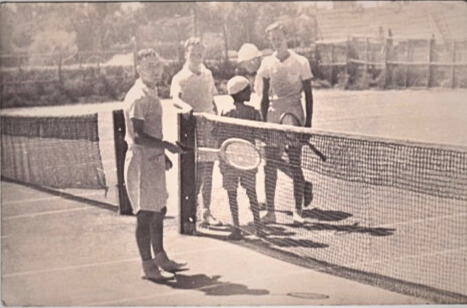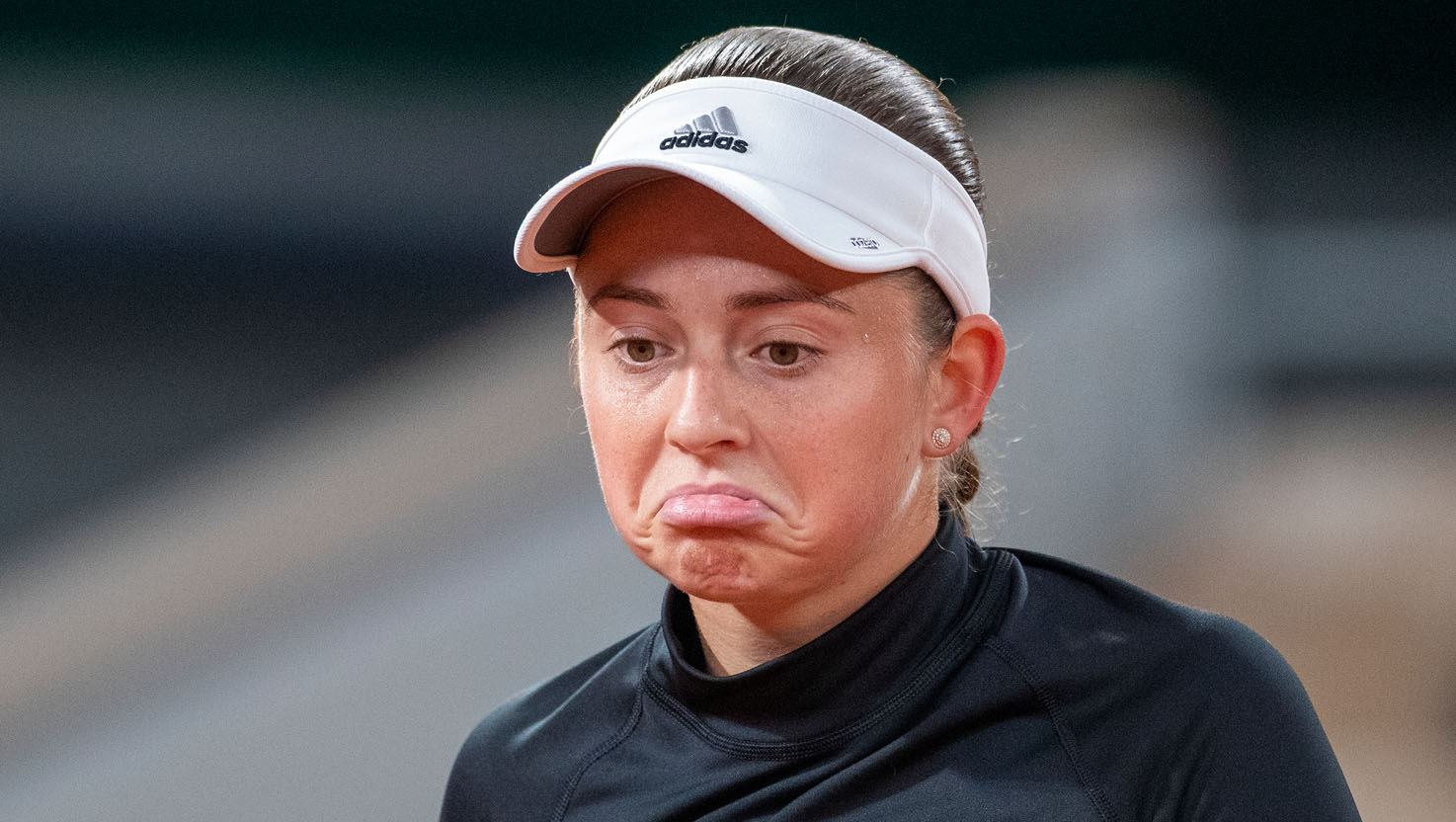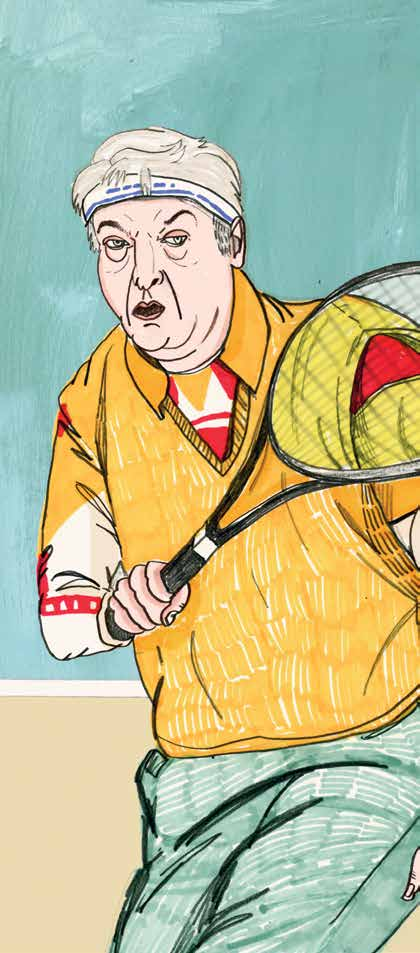
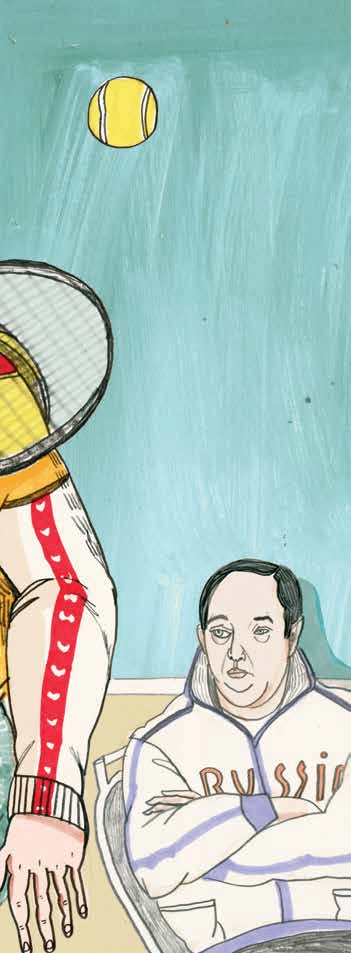
Throughout the fnal decade of the 20th century, one could always fnd Boris Yeltsin serving up sets on a hard court in Moscow, usually between working hours. Depending on the weather, he’d likely be dressed in Wimbledon whites—shorts, headband, and all—or a navy blue tracksuit with the Russian fag emblazoned across his chest.
Wilson racquet in hand, Yeltsin played with ferce passion and surprising stamina for someone with such generous proportions. Though plagued with health issues that limited his time on the court, he gave the impression of a man who never let go of his glory days as a Soviet volleyball professional—someone who was far happier as a sportsman.
Apart from being in stark contrast to the suited ofcials of the Communist era, the powerful imagery of the president wielding a tennis racquet altered the public’s perception of the sport in the post-Soviet space. Tennis, once considered feminine, foreign, and bourgeois, was now mainstream and culturally acceptable.
The frst president of the Russian Federation had a singular infuence on the sport. “From the moment Yeltsin publicly came out in shorts and with a racquet in his hand, tennis began to be treated as good as football and hockey.
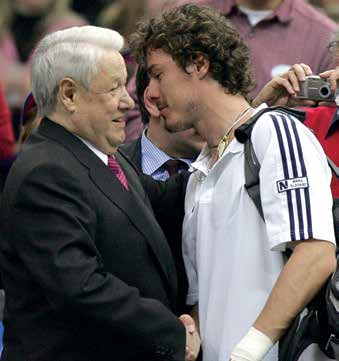
Queues at the semifnals and fnals of the Kremlin Cup at the ticket boxes resembled those long lines from the Soviet Union when people wanted to go to Lenin’s mausoleum,” says Viktor Chervyakov, renowned sports journalist for Russian outlets MK and Championat. “People just wanted to watch the game, and the stadium was packed. It was all due to Yeltsin. Everyone wanted to share the interests of the president, to feel elite in an elite sport.”
While Yeltsin’s footwork left something to be desired, Russia’s capitalist fgurehead made up for it with a solid serve and an even better coach.
Shamil Tarpischev, who moonlighted as Yeltsin’s doubles partner when not required as a coach, happened to be one of the most accomplished tennis professionals in the former USSR. A towering fgure with a piercing stare and receding hairline, Tarpischev captained the Davis Cup team for more than two decades and was instrumental in the development of the frst generation of Russian tennis players who sprouted during the fnal decades of the Soviet Union, including Alexander Metreveli, Olga Morozova, Teimuraz Kakulia, Vladimir Korotkov, and Marina Kroschina. His players’ achievements over the years helped him garner enough credibility to emerge as the president of the Tennis Federation of the USSR and then at the helm of the Russian Tennis Federation.
Tarpischev and Yeltsin’s tennis coupling goes back to a bizarre Baltic beach encounter in 1988. At the time, Yeltsin was in confict with the Communist Party and had emerged as one of Soviet leader Mikhail Gorbachev’s most vocal critics, which led to his falling out of favor in USSR politics. Tarpischev challenged his future employer to a friendly match. Yeltsin accepted the challenge, lost the match, and gained a friend. Their meetings, mainly on Moscow courts, increased in frequency over the next couple of years as Yeltsin maneuvered for the presidency.
In 1991, Yeltsin deposed his old mentor, Gorbachev, and became the frst president of the newly minted Russian Federative Socialist Republic. Through an unexpected stroke of luck, Tarpischev’s friendly tennis challenge on the beach three years earlier landed him an ofce inside the Kremlin with a small staf to do his bidding. He remained Yeltsin’s coach at frst, though his intelligence and ambition ensured that his position grew with each passing year. Tarpischev was eventually named Advisor to the President of the Russian Federation for Physical Culture and Sport. By 1994, the simple tennis coach had become Minister of Sport, and one of the most powerful fgures in Russian politics.
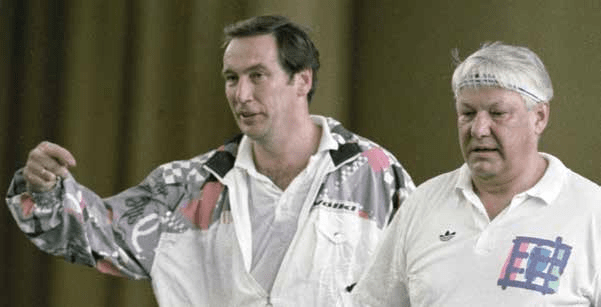
“Tennis is like a sauna. When you go there with other people, you usually become friends after that,” Chervyakov said when I asked whether Yeltsin and Tarpischev’s friendship really stemmed from a game of tennis. “Shamil played with Boris Nikolayevich [Yeltsin] twice a week. During workouts, the president used to forget about all of his problems; it helped relieve stress. Naturally, he was grateful for that and wanted to help Tarpischev as well. Not surprisingly, he ofered him the post. By becoming minister, Shamil continued to have personal access to the president.”
Tarpischev’s position of power came with responsibilities beyond those of a standard tennis coach. With ministerial authority at his backing, the Mordovia native made a series of changes to government regulations regarding sports development and allocated resources previously unavailable to the masses. His success cemented his indispensability to the Yeltsin government and may have even protected him after a corruption scandal threatened to undo his ties to the Kremlin.
Yeltsin’s arrival in Russian politics came with a wave of optimism and confdence in Russia’s future. The new president was seen as a rebellious antiestablishment fgure because of his well-publicized fallout with the Communist Party three years earlier. However, expectations quickly plummeted once it became clear that radical marketoriented reforms and extreme privatization were equally detrimental to a country that had been under communist rule for over 70 years. Capitalism in Russia took on a Wild West feel and corruption fourished.
“The 1990s were difcult times. State-run companies and manufacturers were closing, there weren’t necessary medications in hospitals, teachers and doctors didn’t receive their salaries for a long time,” says Maria Nikulashkina, Sport-Express’ commissioning editor. “The level of criminality was high. Most of the people at that time were focused on how to pay the bills and feed their families and kids.”

The transition from Soviet socialism to radical capitalism crippled the economy, widened the income gap, and forced many civilians into poverty in the frst few years. The Kremlin’s response lacked authority and was unable to stop the widespread fraudulence and misconduct that occurred under its nose. Even Yeltsin’s tennis coach saw an opportunity to line his pockets when he cofounded the National Sports Foundation in 1992.
The foundation, which aimed to raise money for athletes and sports facilities, quickly became a multimillion-ruble cover-up with a monopoly on the highly lucrative importation of vodka into Russia. Yeltsin had signed a decree giving the foundation importduty exemptions on alcohol and tobacco, which was supposed to help it raise funds. Instead, the foundation became a large enterprise with various stakeholders all concerned with the profts from vodka. Little trickled down to the players, despite it occurring under the watchful eye of the presidential sports advisor. Tarpischev was a tennis coach with ambitions beyond Moscow’s court.
The National Sports Foundation’s tax breaks lasted a couple of years before mounting pressure and an upcoming election forced Yeltsin to reconsider. During that time, high-ranking ofcials alleged that while the fund had profted $4.2 billion in 1994, less than 20 percent had made it back to the athletes. Tarpischev and several others were linked to the scandal, which included allegations of embezzlement and blackmail, according to media accounts of the scandal. Critics of Yeltsin’s government accused him of using the foundation as a Kremlin slush fund to fnance ostentatious goods and a frst-class reelection campaign.
Matters only got worse when the chairman of the National Sports Foundation, Boris Fyodorov, alleged that the head of the presidential guard, Gen. Alexander Korzhakov, had demanded $40 million from its cofers. He also accused Tarpischev of similar allegations, though no defnitive proof ever emerged. It became clear, however, that Fyodorov’s comments put his life in mortal jeopardy. In 1996, the NTV news station reported that Fyodorov was arrested and held on drug charges for several days. It was believed to be a setup to have the accuser sacked from his position as chairman of the foundation, and it worked.
A month later, Fyodorov fell victim to an unsuccessful assassination attempt after he was stabbed and shot outside his apartment. The presumed contract killers were never linked back to General Korzhakov or Tarpischev, though many suspected their involvement.
Yeltsin is credited as a tennis revolutionary because of the sport’s transformation in Russia during his tenure in office.
While Russia was already submerged in various scandals and corruption concerns during the frst few years of Yeltsin’s presidency, the National Sports Foundation proved to be more trouble than it was worth to the Kremlin. Tarpischev was removed from his position in the foundation to avoid further controversy, though he remained a close confdant of the Kremlin long after Yeltsin’s presidency came to an end.
By 1999, Tarpischev’s and Yeltsin’s professional paths had long been separated, but they remained devoted to tennis. Yeltsin spent his time in retirement fxated on the trajectory of Russian athletes on the tour. According to players like former world No. 1 Yevgeny Kafelnikov, Yeltsin was an encyclopedia of Russian tennis and devoted his waking hours to its improvement. He and his wife were spotted at the French Open multiple times, and he made an efort to support tennis players from his native land.
Tarpischev, on the other hand, continued to rise through the ranks of the Russian sports hierarchy. While his position as sports minister expired ahead of Yeltsin’s presidency, Tarpischev remained useful in his role as advisor to the then mayor of Moscow, as well as member of the Council Under the President of Russia on Physical Culture and Sport, chairman of the Committee on Development of Priority Directions of the State Policy in the sphere of physical culture and sports, and president of the Russian Tennis Federation. His achievements, which include the development of hundreds of tennis facilities throughout Russia and improved professional results on the international stage, earned him numerous honors and titles. Few recalled his checkered past under Yeltsin.
In 2014, Tarpischev sparked another controversy when he appeared on the Russian TV show Evening Urgant along with former WTA player Elena Dementieva and referred to Serena and Venus Williams as the “Williams brothers.” The Russian Tennis Federation head was later fned the maximum penalty of $25,000 and suspended for a whole year by the WTA. Serena later referred to him as “very insensitive and extremely sexist as well as racist,” though Russian media outlets were far more forgiving. State-sponsored Russia Today referred to the slur as an accident that was taken out of context on a comedy show. Even Tarpischev’s apology reeked of insincerity, as he didn’t “think this situation is worth all the hoopla because those words were said without any malice.”
Tarpischev is a prime example of sports diplomacy in the Russian Federation. The former athlete was elevated to a position in Russia’s political elite because he coached Yeltsin. The president, a tennis fanatic, believed Tarpischev could help him promote the sport—formerly branded as “bourgeois” by the Soviets—among the afuent middle class. He ofered the coach enough power and infuence to impact sports development in the country, a decision that would be considered bizarre had it not been a popular strategy in Russian politics.
Still, Tarpischev has done a lot for Russian tennis. He added to the nation’s sports prestige with a collection of Olympic gold medals, Davis and Fed Cup trophies, and Grand Slam titles accumulated by Russian athletes while under his authority. Those who are seen to bolster Russia’s international image, even in sports, are able to maintain their position among the elite. This could be why Tarpischev remains useful to current president Vladimir Putin and his sports-related plans.
In Putin’s Russia, athletes are part of the nation’s public image on the international scene.
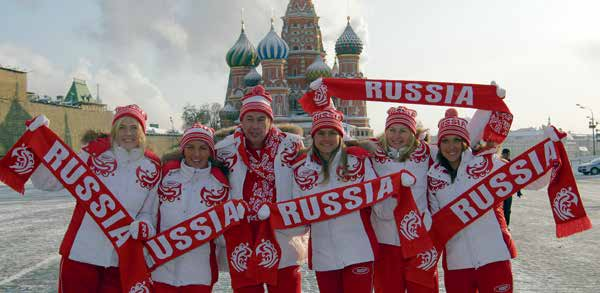
GETTY IMAGES
Their success at prestigious events such as the Olympic Games and various other international competitions is meant to emphasize Russia’s might on the world stage. Apart from the public relations roles thrust upon the unsuspecting athletes, they are also vassals through which the government can infuence its citizens. They are showered with gifts in an attempt to accentuate the government’s own generosity and support. Ceremonies are held in their honor, while Putin himself hands out medals, BMWs, and cash prizes to the victorious.
Though Putin favors judo and hockey, tennis remains a symbol of state prestige for the Russian Federation. Several Russian athletes who reached the pinnacle of their respective sports were later elevated to the political elite. Marat Safn, for example, joined the State Duma parliament after retiring from tennis. And after accumulating major championships, Maria Sharapova carried the Olympic torch into the stadium during the 2014 Winter Olympics opening ceremony in Sochi, where she lived as a child.
Despite his wobbly game, Yeltsin is credited as a tennis revolutionary because of the sport’s transformation in Russia during his tenure. Tennis stars were among the frst modern Russian athletes to enjoy celebrity status and political favor. Invitations to Yeltsin’s dacha were commonplace during his rule, and he continued to receive guests well into his retirement. His widow, Naina Yeltsin, who still runs the Boris Yeltsin Tennis Foundation, which offers grants to standout Russian tennis talents, remains in contact with Tarpischev years after the former president’s death in 2007.
“They are constantly in touch,” Russian sports journalist Chervyakov says. “If Shamil Tarpischev had betrayed Yeltsin and ceased to be his friend after he ceased to be the president, Naina would not help him right now.”
Yet for all its advantages, Yeltsin’s tennis revolution shared similar characteristics to his other ventures: nepotism, corruption, and negligence. But he also laid the modern blueprint for sports diplomacy and social mobility for athletes within the Russian Federation, a powerful tool that would later be weaponized in Putin’s governing tactics.
When one remembers Yeltsin, they generally recall a high-colored man who disliked policy and loved his vodka. They are less likely to remember the man who brought tennis to the forefront of Russian sports and transformed a Wilson racquet into a double-edged sword.
Karim Zidan is a senior editor and feature writer for SBNation. com’s Bloody Elbow and a columnist for openDemocracy and Sports
on Earth. His work has been featured on Bleacher Report and Vocativ
Featured in Racquet Issue No. 3
